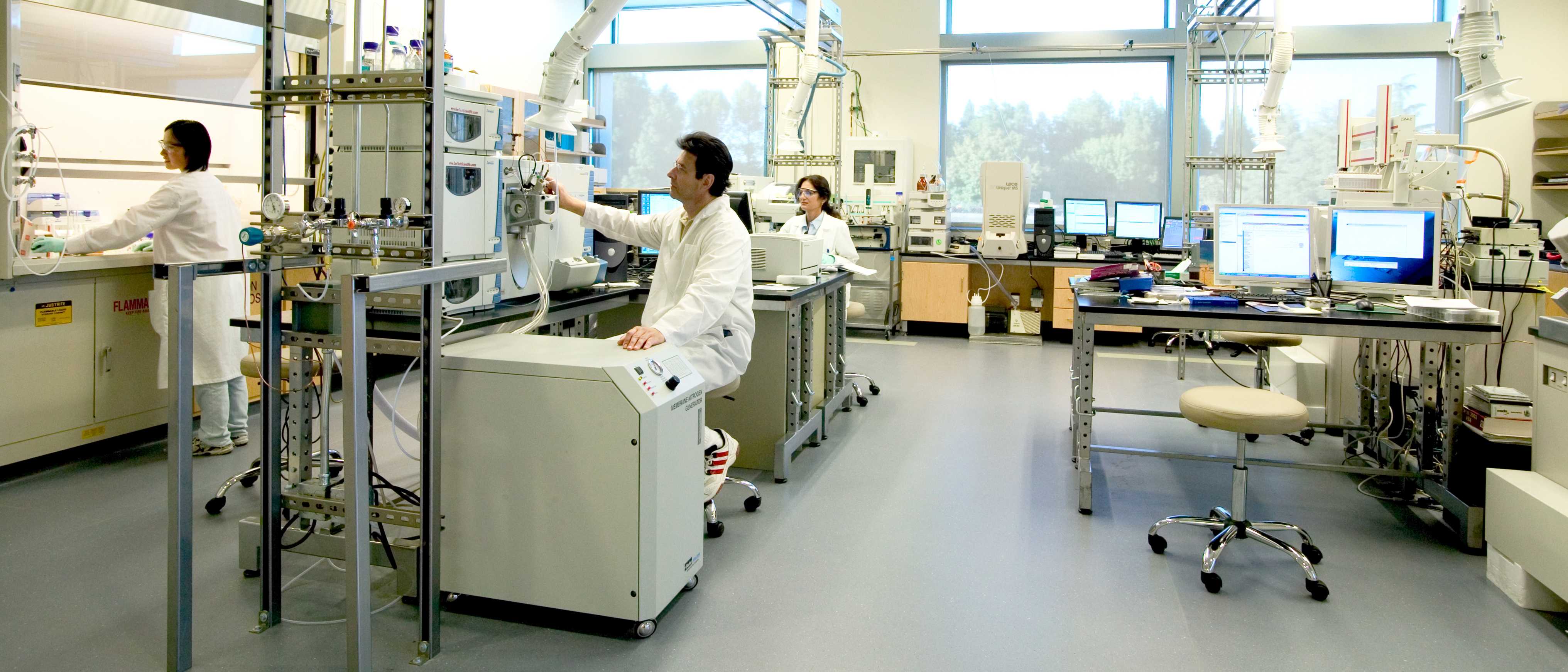Should we create dinosaurs and mammoths again? Should we wipeout an entire species of mosquitoes that we think is harmful? Should we edit human embryos and make new species? All these questions become real when we talk about genes and genome editing technology.
The path to making these possibilities a reality comes from a bio-editing tool called Clustered Regularly Interspaced Short Palindromic Repeats and CRISPR associated Cas9 protein. Cas9 is a protein that can be programmed to find mutated or diseased DNA. It makes a double stranded DNA cut and then joins the fractured DNA with a custom-made sequence with desired traits. If these changes are made in sperm, eggs or embryonic cells, these changes will be permanent and will be passed on to future generations.
It is a very powerful but also somewhat alarming new tool. Before, if we messed around with an organism’s genes and it accidently escaped, there was no guarantee it would pass on the change to the next generations as it became less fit for evolution and natural selection would take care of it. What is frightening about CRISPR is that it will now spread the change relentlessly until it is in every single individual in the population. Studies by scientists show that if we genetically modify one percent of female Anopheles mosquitoes, which are the main cause of malaria, we can eliminate the entire Anopheles mosquito population within a year.
This means that within a year, we could prevent thousands of daily children deaths. On the other hand, imagine an evil mind similarly experimenting with bees or fish species and a few of them escape; this could be grave threat to humankind. It gives rise to the question of ethics: who are we to decide the existence of an entire species just because we like or hate it. We already have harmed a significant amount of lifeforms on earth; do we want to make genome editing a tool to worsen it further?
Now, extend the use of genetic modification to humans, and you will see future generations that are immune to HIV and resistant to all genetic diseases. Everyone is healthy and no one needs healthcare. It sounds perfect, doesn’t it? However, what if people get in a race similar to a nuclear arms race to develop other features. Everyone tries to create beautiful, athletic and super talented designer babies, ones that we can call gifted and perfect. There would be conflicts between the coexistence of genetically modified people and what we can call natural people.
It is too dangerous and unpredictable given that we know the technology but have no idea of the future implications and regulations to restrict use. Furthermore, this is not far in the future given that the first test tube baby was created 40 years ago and we now have more than five test tube babies in the world. If we assume a first genetically modified baby is created this decade, we would see this issue rising in this century. It is up to us to decide what and how we are going to limit and regulate this. Is it not more beautiful to watch diversity and enjoy imperfection in children and nature rather than watching living custom made robots?


